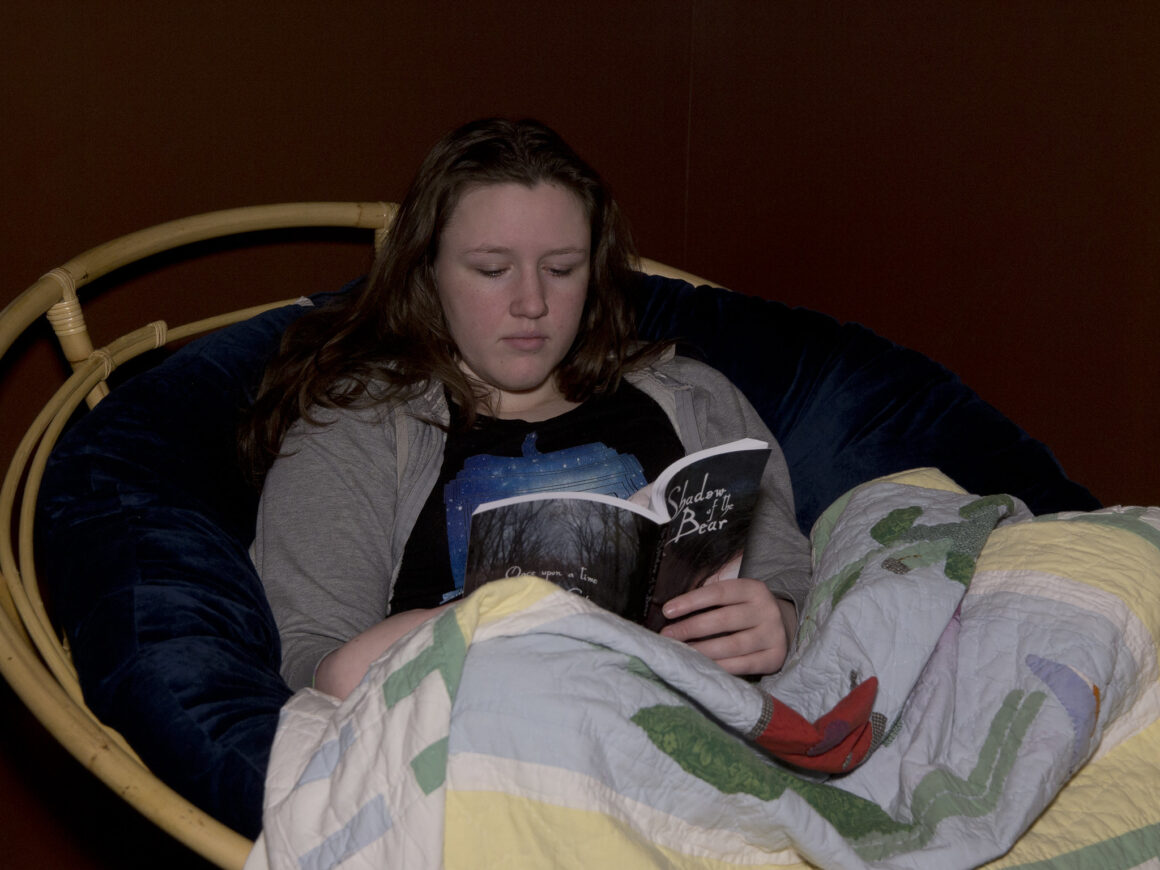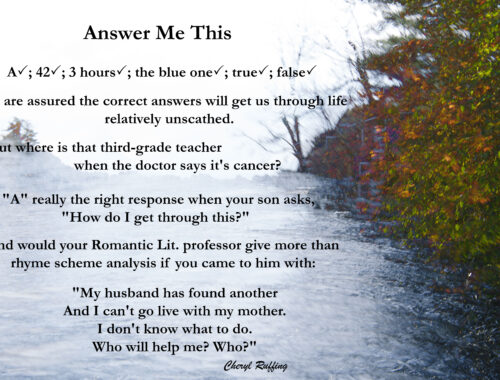
Just Read the Book
Well, I must say that I was surprised to find a (Collecting Thoughts Press) post from The Before Times (March 2019: remember what the world was like then?) that made me smile and made me think, Yup. Still applies. Since writing this, I’ve read War and Peace not once, but twice, along with Anna Karenina and any number of Russian novels and short stories. I can’t remember if I ever read the extraneous, “scholarly” stuff in the book or not, and I don’t care. I will say that I read (twice) and thoroughly enjoyed Hidden in Plain View: Narrative and Creative Potentials in “War and Peace” by Gary Saul Morson.
With each book I read, each conversation I engage in, and every bit of news I come across, my conviction that schools are the bane of our existence becomes more firmly entrenched in my mind, and that is a bit astonishing, since most everything I encounter makes me realize how little I know. The good news is that I think I’ve figured out what, exactly, it is about schools that is so pernicious: schools convince us that we can find the answers and that we should be looking for nothing but (after all, our grades, self-esteem, and future success depend upon it). I contend that such a philosophy is backwards. Besides, it seems to me that the Internet is a much more efficient way of getting answers than spending twelve-plus years in school. I recently started reading Leo Tolstoy’s War and Peace. I’m 76 pages into the 1110-page Constance Garnett translation and am quite enjoying the story. Does that mean that I could list every character that has thus far been introduced or tell you how each relates to the others? Absolutely not, but why should I? I wonder how many people, after leaving high school or college, or even grad school, stop by Barnes & Noble, head over to the T’s in Fiction, lift War and Peace off the shelf, carry it to the cash wrap, hand over their money, and go home to read the book, skipping all preface material, and simply starting at page one. I’m betting that the number is pretty small, but why would that be? Is it, perhaps, because we’ve been taught in those schools that reading Tolstoy is hard? Could it be because we’ve been taught that it’s not okay to just read literature? Instead, we’re supposed to read about it and listen to lectures on it and understand the time period in which it was written and know every minute detail of the author’s life. Once we’ve accomplished all that (if we’re still even interested in the book), we’re supposed open it in front of us, with a highlighter in one hand and a pen in the other hand, which is poised over a notebook. At that point, if we’ve not yet read the introduction and preface and translator’s notes, we need to do so. Only after we’ve accomplished all that, should we turn to page one of the actual story. What a bunch of rubbish. Does this mean, however, that I will never read what has been written about War and Peace or about Tolstoy or Russia? Absolutely not, but I’m not going to do any of that until I’ve finished the first, most important part of reading a book: reading the book.




